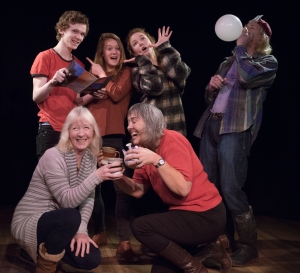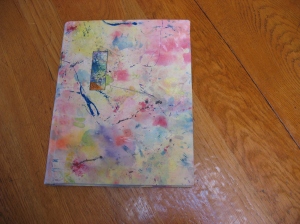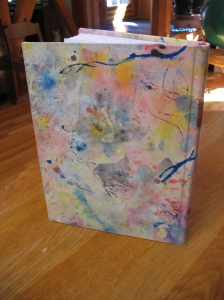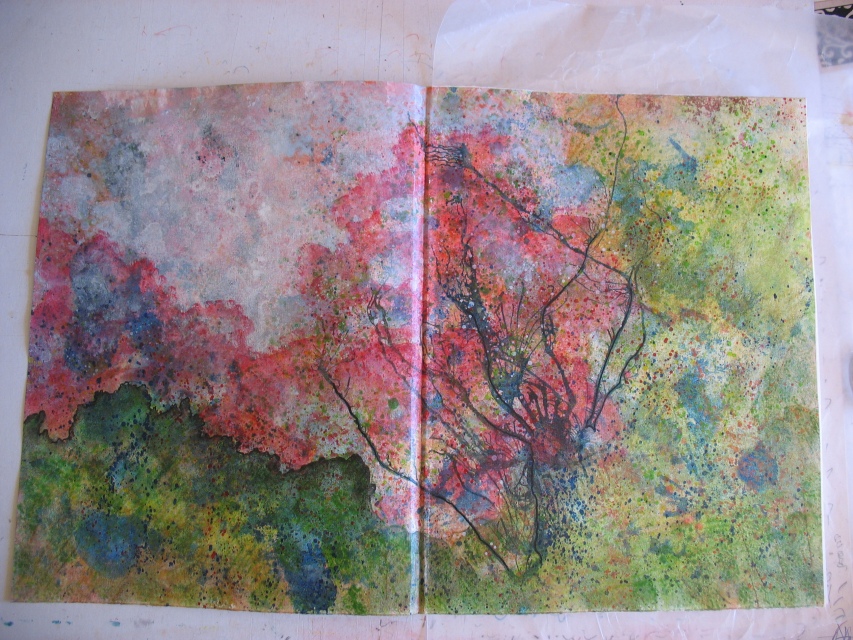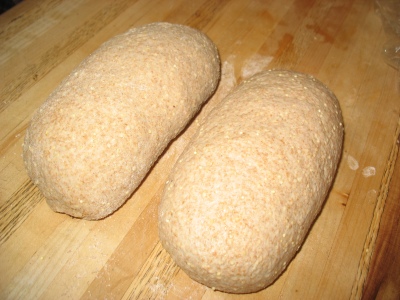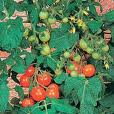
sweet tomatoes
Again from
Wikipedia.
“Here, practitioners should constantly keep their minds alert to phenomena that affect the body and mind.”
How simple can this be? Oh ya, real simple. So simple that it’s hard to notice that you ever do it. Paying constant and complete attention? Giving full awareness to all the phenomena of mind and body? When do we do that? In this culture we’re trained to pay attention to TV. To money. To who won the World Series, World Cup, Stanley Cup, Miss Universe Contest. The latest traffic accident or robbery. And are all those beautiful people going to make it out of the jungle without throwing up because they have to eat grubs? Oh, the anxiety, the excitement, the suspense! What might happen?!
Right Mindfulness is noticing what is happening to oneself right now. We each do this some time during the day, but we don’t necessarily notice we are doing it. The first step is to pay attention to yourself so you notice those times when you are awake noticing the simple fact of your existence, noticing those times when there is nothing happening in your head beyond simple engagement in what you are doing.
In my case I pay full attention to my existence when I paint and when I garden. Then the only thing going on is the brush against the board or the water pouring over the soil under the tomato plants. The feel of cold as the water splashes my hand as I weed. The green smell as I pick off new growth so the tomato plants won’t grow too big. The snap of picking peas for dinner. The tight hobbling sensation in the small of the back when I get up from a crouch. Bending the upper back backward to relieve the old tendons. Failing at the task of mindful attention every once in a while when I notice how many raspberries are half eaten by the d#@m robins, or worse, when a berry has only been slashed at with a beak. The robins sit on the berry canes and break them with their weight. Whenever I walk out into the garden, those wing-rats give a cry of warning and fly off. As far as they are concerned, I’m the one stealing their food.
But how to take the mindfulness I get while engaged in the small activities in the garden, or at my easel, into my day to day life? There are all sorts of techniques. By now, for old fart me, it is simply a matter of remembering to do so. And I have to remind myself to do it a lot. The hardest times are when I get stressed out, like immediately after the opening reception for my show. That night, about 3:00 pm, my mind just would not stop. Monkey mind, jabbering away. This and that. Who said what and why. Old patterns in my mind reawakened, stimulated by the strange energy of exhaustion. Not one thought important because I didn’t need to make any of it important. But nothing I could do in the situation except just watch the thoughts go by. Sleepless. Here I am awake, I thought. Trying to be awake to being awake.
Here’s a technique I learned in my twenties: in a whisper recite the phrase, “This is what I’m doing now.” Say it over and over. All day long. Quietly, but out loud. Then, the next day, repeat the phrase all day long to yourself, in your mind. After a week or so of remembering to keep saying the phrase, it sinks into your subconscious mind and becomes the observer, watching what you are doing, noticing what you are thinking. Then whenever you notice you are not paying attention to the things right there in front of you, or the things inside you, start saying the phrase to start the observer up again. It’s pretty hard to get distracted when you are reciting a phrase, or counting your breath, or fixing on a mandala or candle (on the other hand it’s pretty hard to focus on a candle or the breath etc)….
And after you get good at bringing your mind back to the phrase, the candle, the mantra, the breath, then the next trick to master is to take your developed, practised focus and generalize it so that it encompasses whatever is happening to oneself at every moment, day to day, so that you become totally aware and awake to the infinite world of your own experience. Right Mindfulness, Right Now.
May you be blessed with a day full of awareness.
The source for above image
